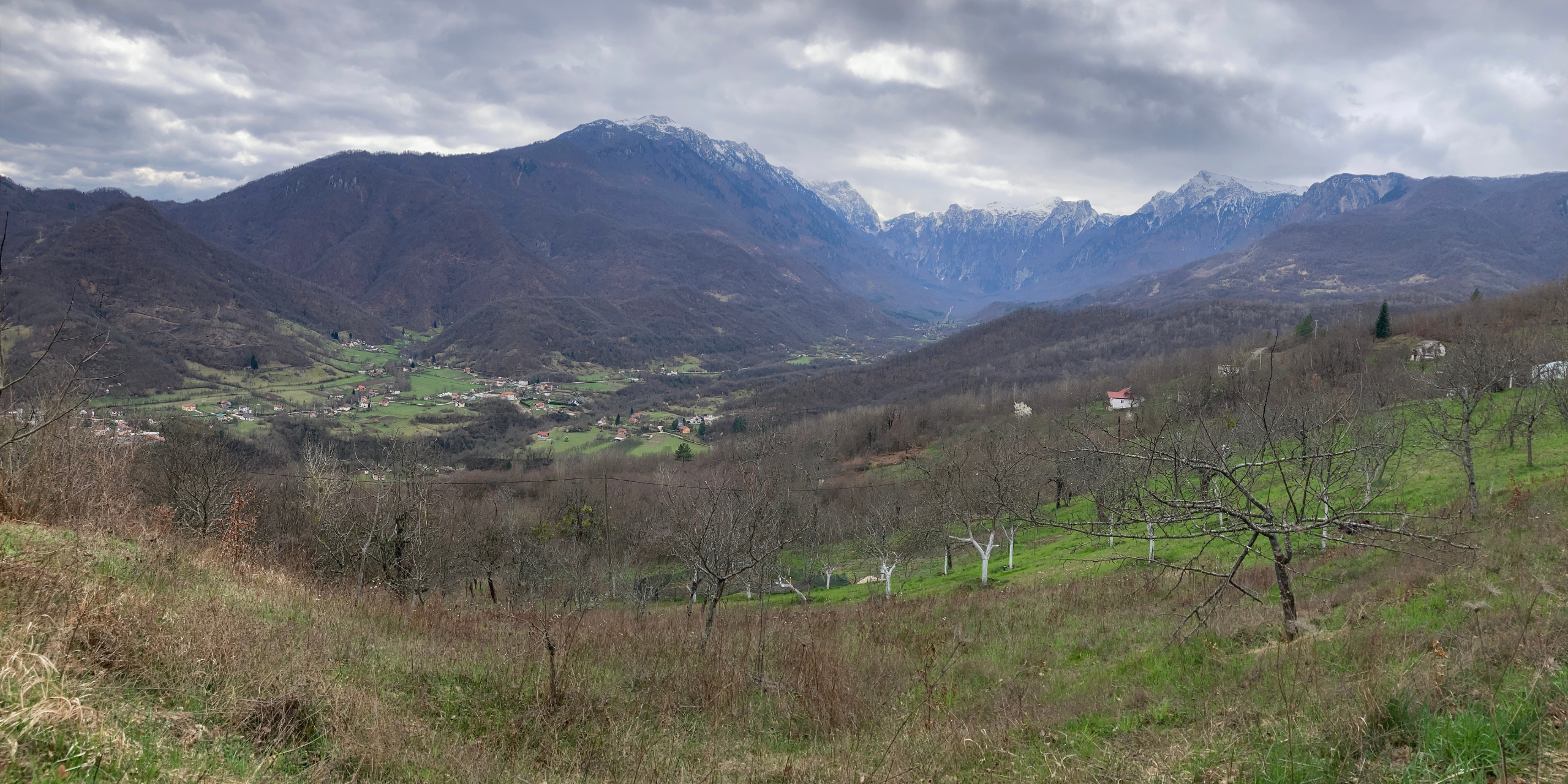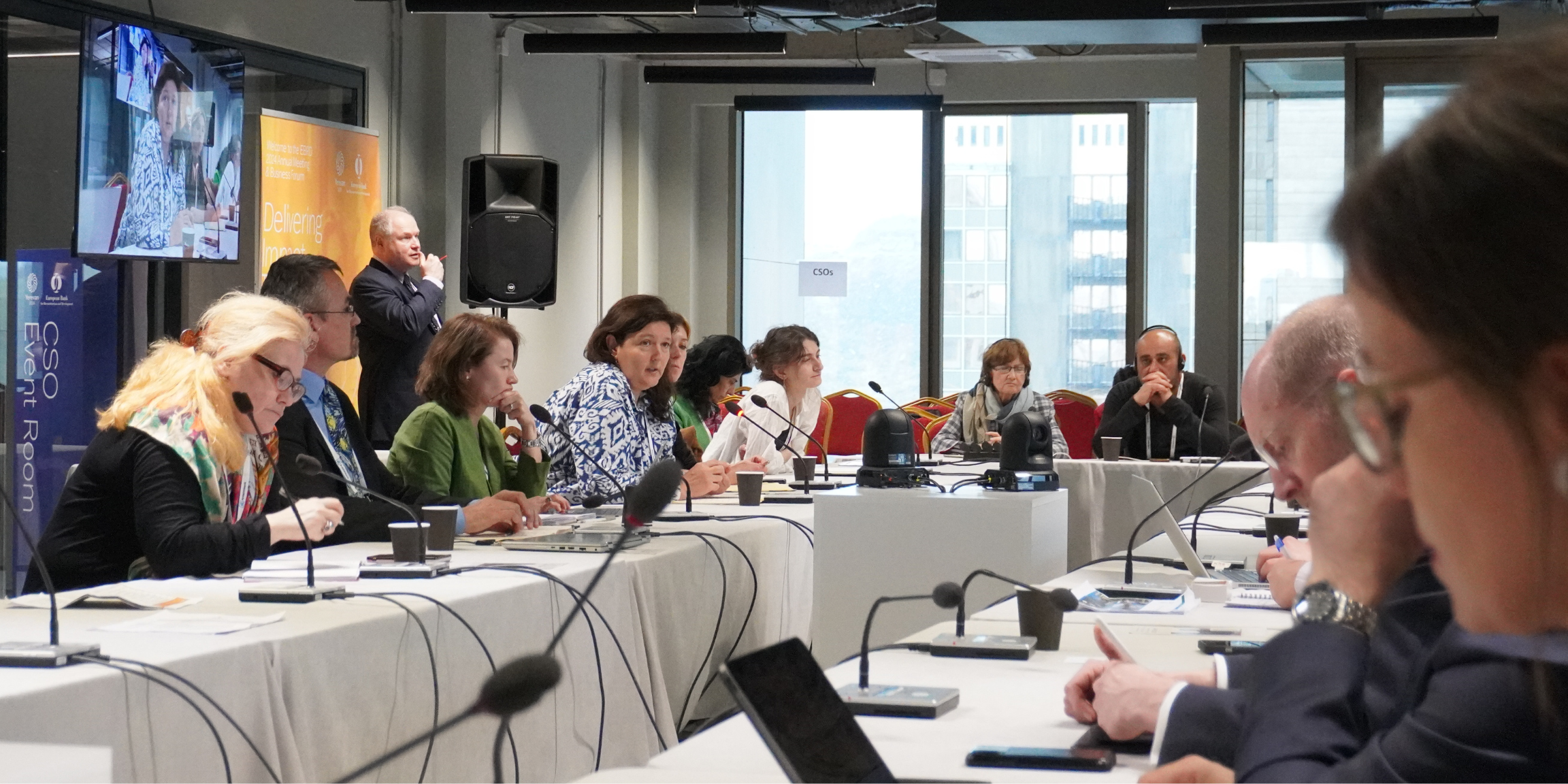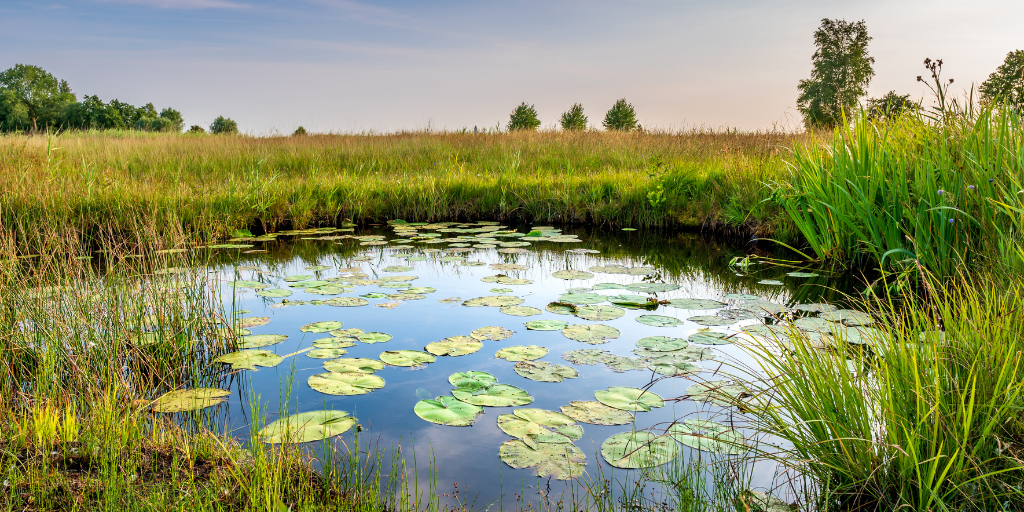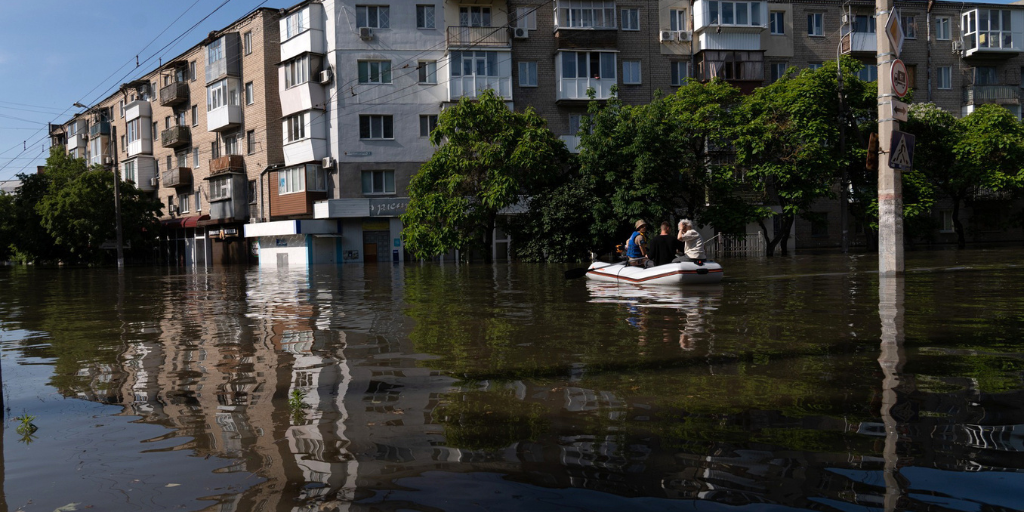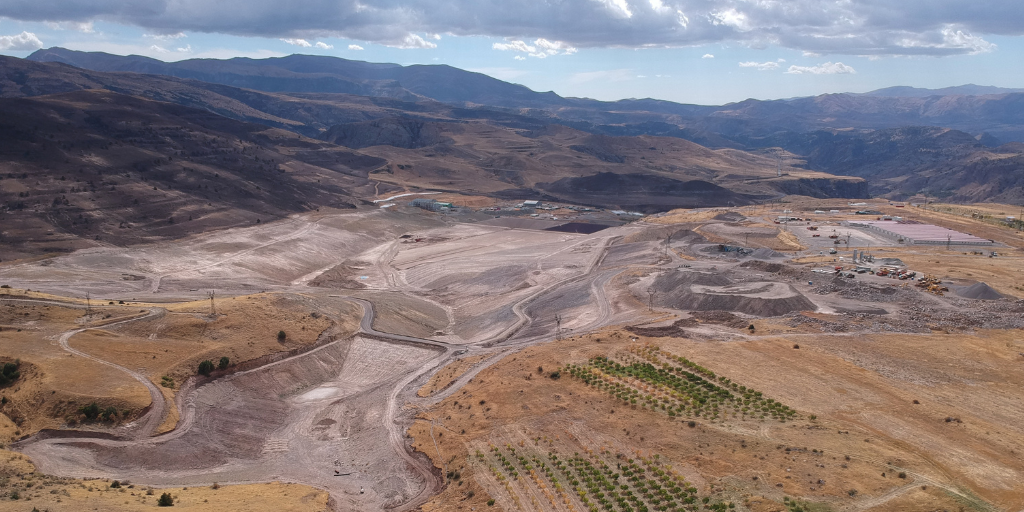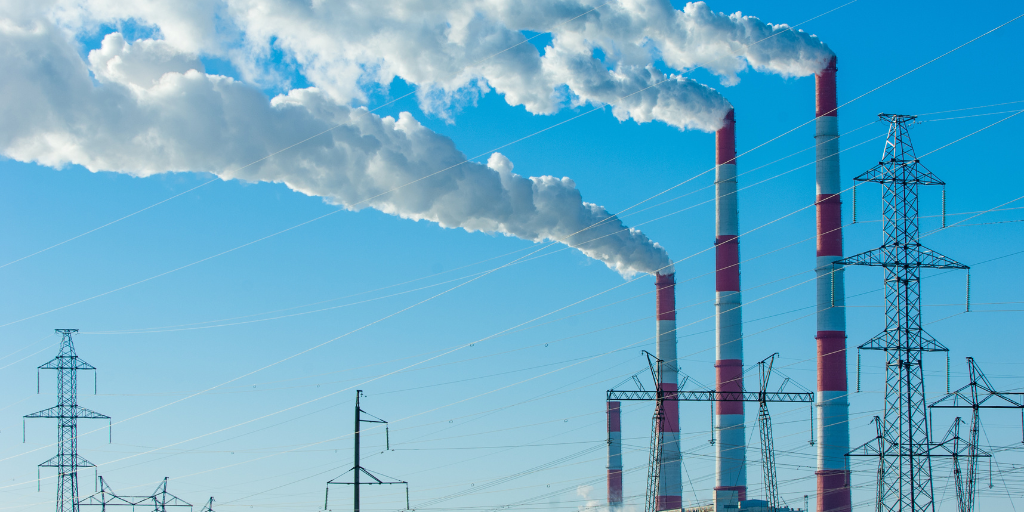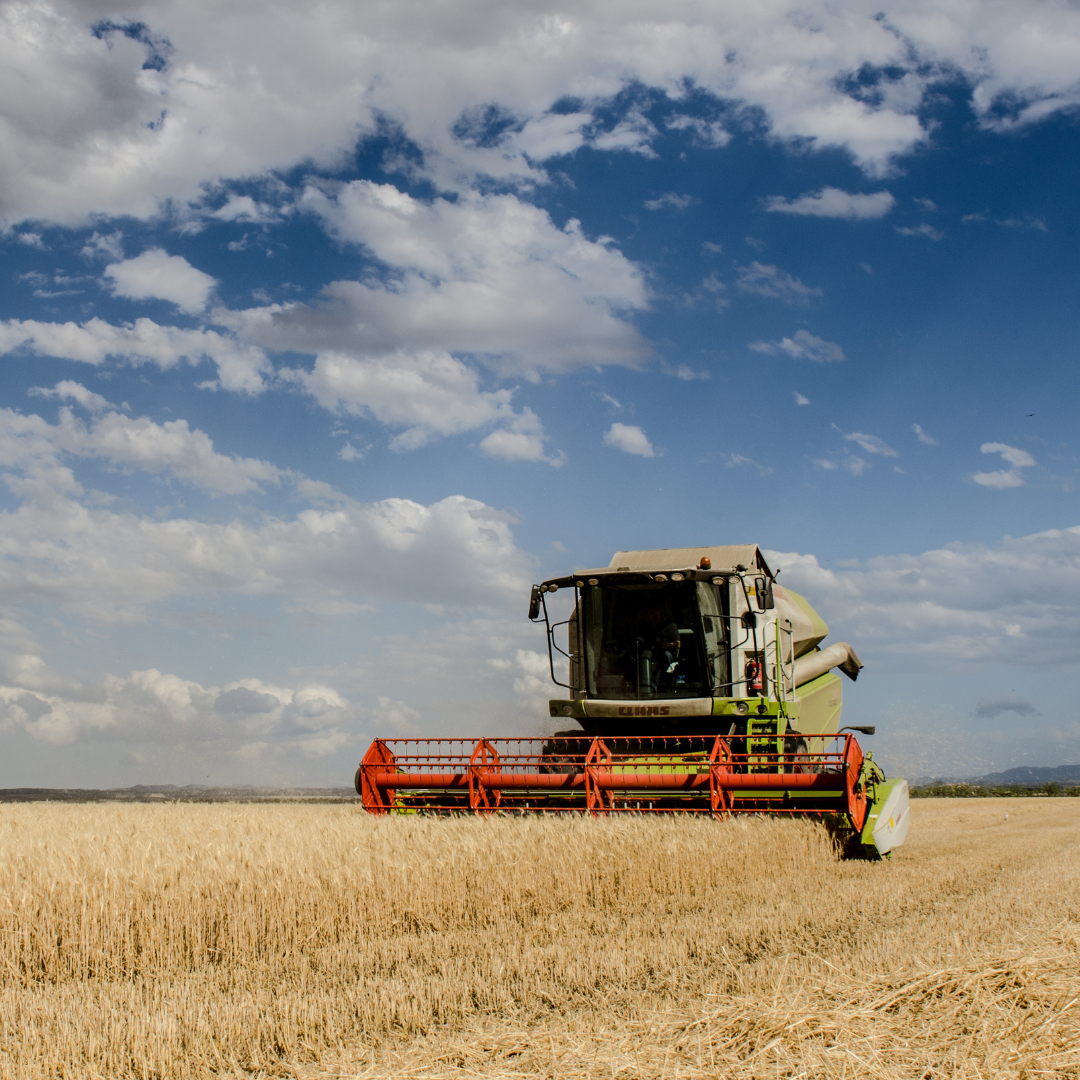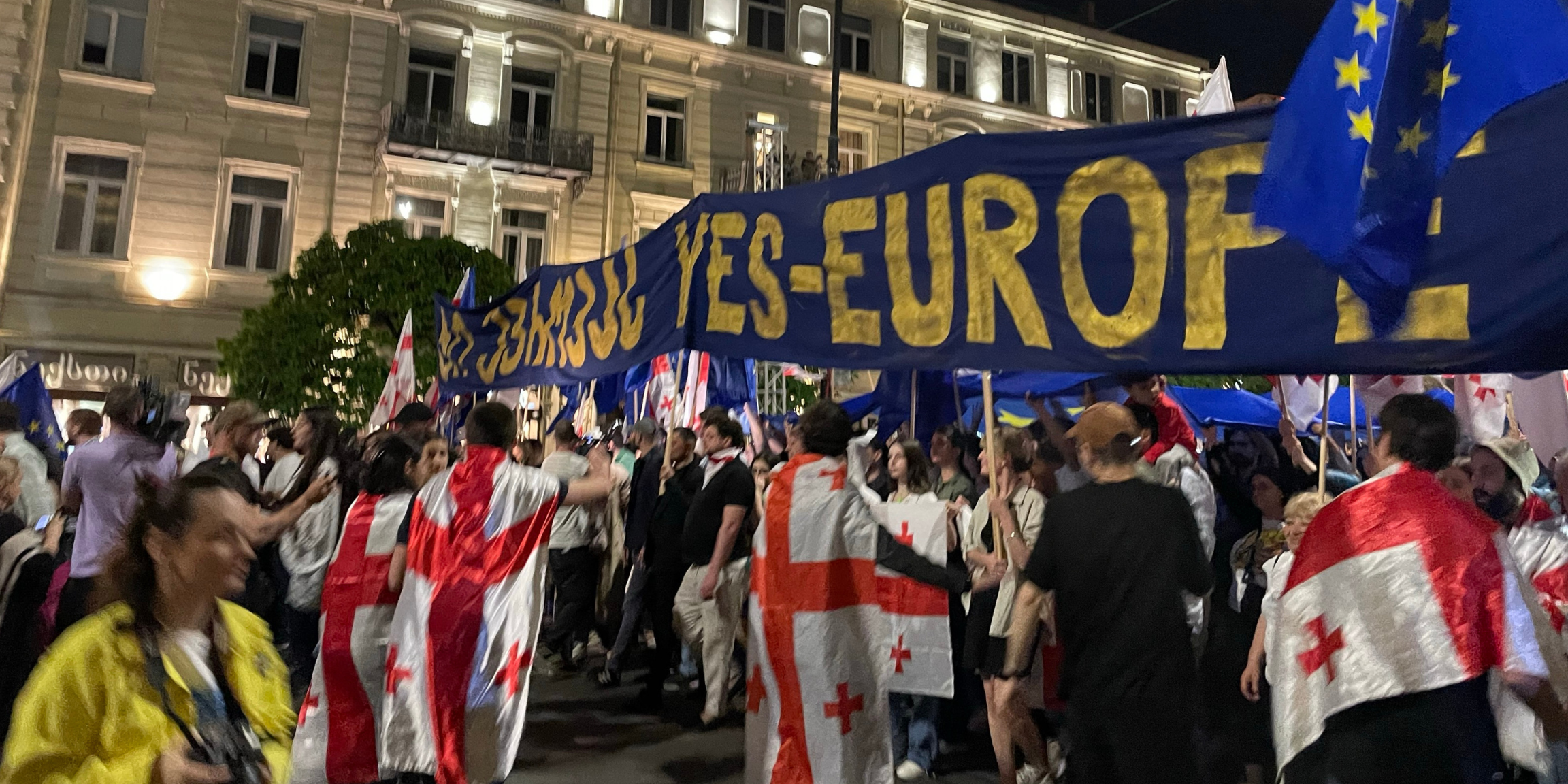Open days on the Corridor Vc Prenj tunnel: a promising new public engagement tool?
Blog entry | 14 June, 2024Last week, JP Autoceste and the EBRD held three open days on the planned Prenj tunnel, part of the 330-kilometre Corridor Vc motorway in Bosnia and Herzegovina (BiH). Bankwatch went along to see what this new format offers and how it works in practice.
Read more‘Delivering Impact Together’ … unless things get complicated: EBRD Annual Meeting marked by shrinking civic space
Blog entry | 6 June, 2024The theme of this year’s EBRD Annual Meeting and Business Forum in Yerevan was ‘Delivering Impact Together’. However, discussions were dominated by the pressing issues of shrinking civic space and the exclusion of communities in the EBRD’s countries of operations.
Read moreJoint civil society comments on the EBRD biodiversity standards (ESR 6)
Publication | 29 May, 2024Ahead of the EBRD’s Annual Meeting, 12 civil society organisations submitted their collective input on the revised draft of the EBRD’s Environmental and Social Policy, focusing on standards related to biodiversity conservation and sustainable management of living natural resources.
Read moreWhy is rebuilding the Kakhovka dam not the best option for Ukraine?
Publication | 29 May, 2024After the collapse of the Kakhovka dam in 2023, some stakeholders support the reconstruction of the dam, while others are willing to support the restoration of the natural landscape on the site of the former reservoir.
Read moreThe EBRD’s (ir)responsible exit from the Amulsar gold mine project in Armenia
Publication | 29 May, 2024The engagement of the EBRD in supporting the Amulsar gold mine in Armenia in its early stages resulted in adverse environmental, social, economic, and human rights impacts. The EBRD terminated funding to the client and exited the project, but the harm remains unremedied.
Read moreDelays in Almaty CHP-2 gas project open new opportunities for a rethink
Publication | 29 May, 2024Supported by the EBRD, the conversion of Almaty’s coal heat and power plant CHP-2 to gas has been seriously delayed. This opens an opportunity for a rethink: Why is the EBRD continuing to support this project instead of funding a clean and potentially cheaper type of heating?
Read moreGender mainstreaming in urban mobility investments
Publication | 29 May, 2024In many cities around the world, moving freely, safely and without constraint remains a daily challenge for vulnerable groups including women. In this paper, we identify shortcomings in the EBRD’s implementation of gender mainstreaming in the urban transport sector and make recommendations for improvement.
Read moreLearning from multiple crises to build resilient agri-food systems
Publication | 29 May, 2024While the EBRD investments helped increase agricultural production in its countries of operation, there is an urgent need to address the regional and global challenges. This can be done through sustainable investment into small and medium farms, phasing out large-scale livestock production, investing in circularity and decarbonisation
Read moreSuggestions for integrating considerations of land concentration impacts into the EBRD’s safeguards
Publication | 29 May, 2024Based on our experience with the EBRD’s investments in the agricultural sector, we have worked with the Land Matrix Initiative to formulate recommendations for the EBRD to integrate considerations of the impact of land concentration into its safeguards.
Read moreGeorgia’s democratic future at stake: Russian-style ‘foreign agents’ bill threatens civil society and independent media
Publication | 27 May, 2024On 3 April 2024, Georgia’s ruling party revived the controversial ‘Law on Transparency of Foreign Influence’, which labels independent media and civil society groups as foreign agents. The move, coming just over a year after initial proposals were dropped, has sparked widespread protests once again.
Read more